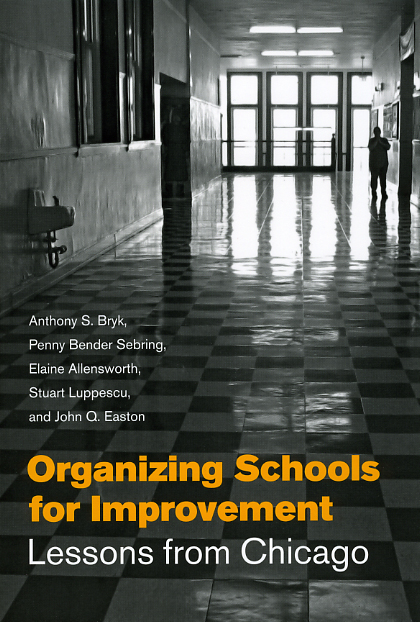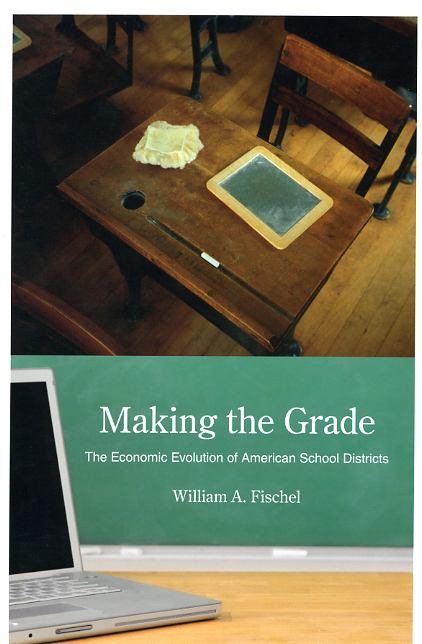Waiting for Superman to school citizens

This week’s issue of the New York Review of Books takes a stance on a hot-button issue that just happens to be the subject of a major new documentary. If you watch Oprah, read the Nation or Time magazine, or, you know, listen to conversations with President Obama on the nightly news, you know that Davis Guggenheim, director of the Academy Award-winning film An Inconvenient Truth (shoutout to Al Gore and polar bears!), helms a new movie about the fate of public education in America and the plight of five children competing for admission to in-demand charter schools. Waiting for “Superman” paints a provocative portrait of the rise of a new generation of charter schools, many funded by the government but privately run, and each presenting an alternative to troubled U.S. public schools.
But as Diane Ravitch notes in the NYRB article:
Waiting for “Superman” and the other films appeal to a broad apprehension that the nation is falling behind in global competition. If the economy is a shambles, if poverty persists for significant segments of the population, if American kids are not as serious about their studies as their peers in other nations, the schools must be to blame. At last we have the culprit on which we can pin our anger, our palpable sense that something is very wrong with our society, that we are on the wrong track, and that America is losing the race for global dominance. It is not globalization or deindustrialization or poverty or our coarse popular culture or predatory financial practices that bear responsibility: it’s the public schools, their teachers, and their unions.
There’s certainly room for debate here, but no matter what one’s definitive stance is on how to improve public education, few can argue with its premise: to provide free education, regardless of race or class or social status, without a lottery for admission. At Chicago, our own education list runs widely and deeply through the rugged terrain of these contemporary debates. We publish everything from the American pragmatist and educational reformer John Dewey’s The School and Society and The Child and the Curriculum to Patricia M. Cooper’s The Classrooms All Young Children Need: Lessons in Teaching from Vivian Paley. In terms of the pressing questions raised by Waiting for “Superman” and Diane Ravitch’s informed response, I’d point readers towards two important recent Chicago titles:

William A. Fischel’s Making the Grade: The Economic Evolution of American School Districts prefaces our current debates about charter schools by arguing that the historical development of school districts reflects Americans’ desire to make their communities attractive to outsiders—which Fischel contends has created a standardized system of education not overly demanding for either students or teachers that forms the basis for localized social capital in American towns and cities. Check out a Rockefeller Center lecture by Fischel on the subject of the book:
In Organizing Schools for Improvement: Lessons from Chicago, a team of authors track the 1988 decentralization of the Chicago public school system in over 200 Chicago elementary schools. The result two decades later? An illuminating book that identifies a comprehensive set of practices and conditions that were key factors of improvement in certain schools, and failed social dynamics, including crime, that chronicle a different trajectory. Be sure to read an excerpt from the book at the Press’s website here.